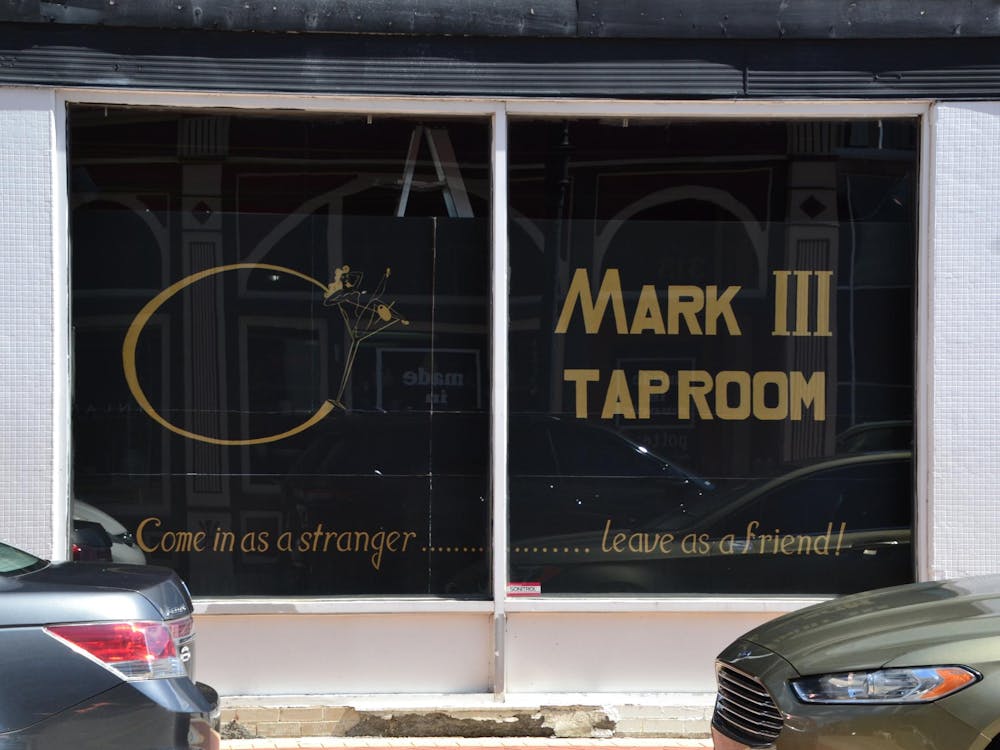What consumers look for on food labels
Locally grown: 66 percent
Natural: 59 percent
No artificial growth hormones: 50 percent
Pesticide-free: 49 percent
Organic: 49 percent
No artificial ingredients: 48 percent
Non-GMO: 40 percent
No antibiotics: 39 percent
Certified humane: 36 percent
Fair trade: 31 percent
The majority of Americans base their decisions of what food to buy based on natural food labels, a new survey from Consumer Reports shows.
What consumers looked for on their food labels was a key question asked in the survey, which was conducted in April by phone, consisting of a national representative sample. Fifty-nine percent of respondents look for a natural food label and 66 percent look for locally grown labels.
However, these labels mean next to nothing, said Amanda Kruse, a wellness nutritionist for Ball State’s Dining.
“Some of my concerns as a dietician as coding food as natural — it’s not regulated,” Kruse said. “It is perceived as better for you. Is it a non-[genetically modified organisms], processed or is it whole food?”
There are no federal regulations on what has to constitute natural. In 1991, the FDA attempted to define the term clearer, but gave up two years later. By 2008, Ritu Nalubola, a FDA official, said in an Institute of Food Technologies press release that the issue was too complex.
In the Consumer Reports survey, 79 percent of consumers said they think natural does not include toxic pesticides, 76 percent think no artificial materials were used in processing and 75 percent think no GMOs were used.
The problem with the current method of labeling foods as natural or locally grown lies in the vagueness in what that actually means and how it implies superior quality, Kruse said. For instance, she asked how local is local.
“[Say] this cookie is labeled natural,” Kruse said. “That must mean it’s good for me, but this banana isn’t. Where does it come from? Someone needs to get together and define it before they move forward and then decide who has to meet the guidelines.”
As a junior biochemistry major, Ryan Rhodes said he always looks at the ingredients in his food.
“I am never inclined to buy natural,” Rhodes said. “I am more inclined ... to buy things that have the approval of the American Heart Association. I know that’s more reputable than an all-natural label.”
On campus, the labels don’t influence what is served, Kruse said.
“I always have a slight concern what a consumer would think,” she said. “We always try to pick something based on budget and what they’ll want and health. It’s not the end all, be all. We wouldn’t purchase something that has a natural label [on purpose]. If it kind of happens to fall into that, fine.”




